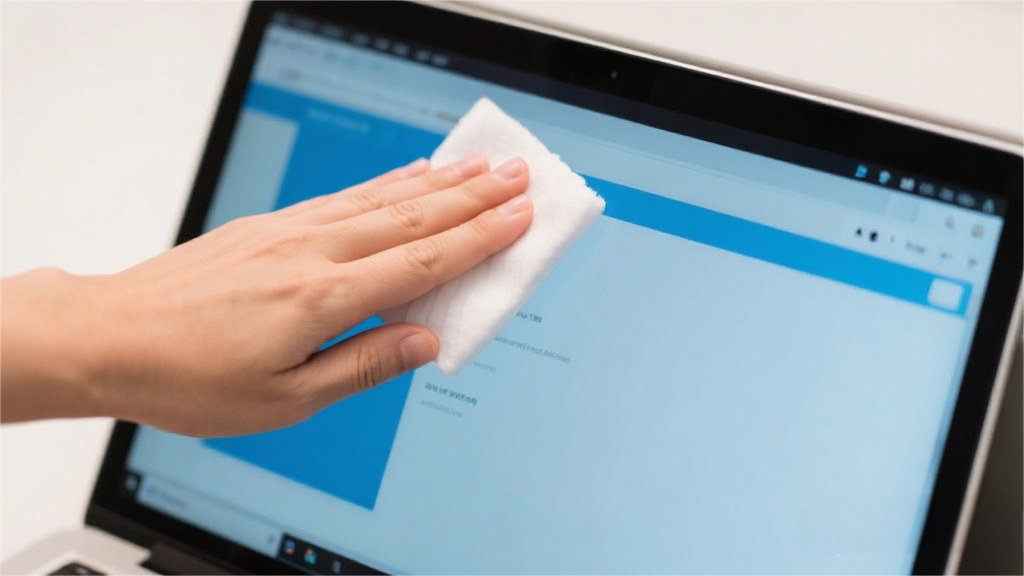Melatonin for kids is one of those parenting topics that can leave you tossing and turning at night, wondering if you're making the right call. The truth is, while melatonin might seem like a quick fix for those endless bedtime battles, the science behind its safety and effectiveness in children isn't as clear-cut as we'd like. Before reaching for that bottle of gummies, let's break down what parents really need to know.
The Lowdown on Melatonin and Kids
Melatonin isn't some synthetic sleep potion—it's actually a hormone our brains naturally produce when it gets dark outside. Think of it as your body's internal dimmer switch, slowly lowering the lights to prepare you for sleep. For adults struggling with occasional sleeplessness, melatonin supplements can be a helpful nudge toward dreamland. But when it comes to kids? That's where things get tricky. Pediatric experts are still scratching their heads about the long-term effects, and recent reports of emergency room visits from accidental overdoses have many parents rethinking that nightly gummy routine.
Why the Pediatric Community Is Pressing Pause
Here's the wake-up call: melatonin supplements aren't FDA-regulated, which means what's on the label might not match what's actually in the bottle. A startling study found that nearly 90% of tested melatonin gummies had significantly more (or sometimes less) melatonin than advertised—we're talking up to three times the labeled dose in some cases. For tiny humans whose bodies are still developing, that kind of inconsistency could potentially lead to groggy mornings, headaches, or worse. While there's no evidence that melatonin causes early puberty (a common myth), we simply don't have enough data to say it's completely risk-free for long-term use in children.
When Melatonin Might Make Sense
Some pediatricians do cautiously recommend melatonin for specific situations—think kids with diagnosed sleep disorders, neurodivergent children who struggle with circadian rhythm regulation, or temporary disruptions like jet lag. The key is always working with your child's doctor to determine if the benefits outweigh the unknowns. If you do go this route, experts suggest starting with the lowest possible dose (we're talking half a milligram for younger kids) about an hour before bedtime, and never treating it like a permanent solution. And for heaven's sake, keep those gummies locked up—their candy-like appearance has led to a 500% increase in accidental ingestions over the past decade.
Sleep Solutions That Don't Come in a Bottle
Before resorting to supplements, most dietitians and sleep specialists recommend exhausting the natural route first. Establishing a rock-solid bedtime routine is like giving kids a sleep roadmap—warm baths, storytime, and dim lighting signal to their brains that it's time to wind down. Daytime habits matter too; kids who get plenty of physical activity and sunlight exposure tend to conk out more easily at night. Watch those after-school snacks too—while a small protein-rich bedtime snack can prevent midnight hunger pangs, sugary treats or caffeine (yes, it sneaks into more foods than you'd think) can sabotage sleep. And don't underestimate the power of a sleep-friendly environment—cool, dark rooms free from glowing screens work wonders.
At the end of the day (literally), every child's sleep needs are different. While melatonin might offer short-term relief for some families, it's not a one-size-fits-all solution—and certainly not something to experiment with without professional guidance. The healthiest approach? Partner with your pediatrician to address any underlying sleep issues, then focus on creating consistent routines that help your child's natural sleep rhythms flourish. After all, the goal isn't just getting kids to sleep tonight, but setting them up with healthy habits that'll last a lifetime.
























